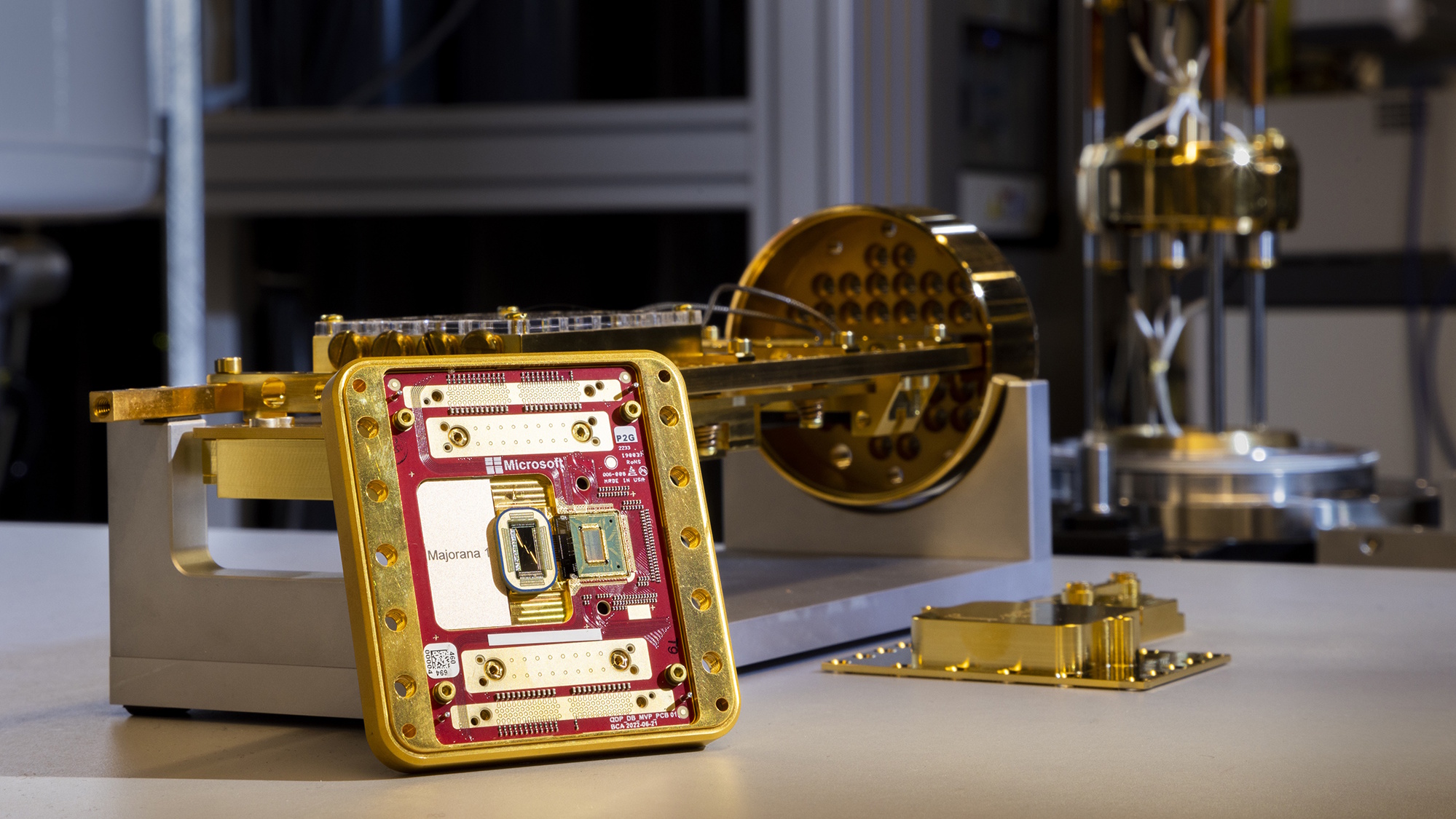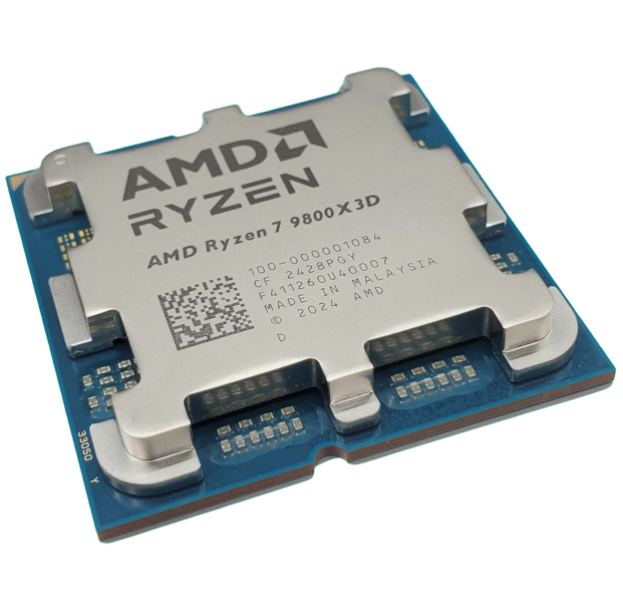The European Commission wants Europe to become the world leader in quantum computing within the next five years
The AI ship has already sailed and the fusion boat is still stuck in the docks, so is this the next best thing?

Keep up to date with the most important stories and the best deals, as picked by the PC Gamer team.
You are now subscribed
Your newsletter sign-up was successful
Want to add more newsletters?

Every Friday
GamesRadar+
Your weekly update on everything you could ever want to know about the games you already love, games we know you're going to love in the near future, and tales from the communities that surround them.

Every Thursday
GTA 6 O'clock
Our special GTA 6 newsletter, with breaking news, insider info, and rumor analysis from the award-winning GTA 6 O'clock experts.

Every Friday
Knowledge
From the creators of Edge: A weekly videogame industry newsletter with analysis from expert writers, guidance from professionals, and insight into what's on the horizon.

Every Thursday
The Setup
Hardware nerds unite, sign up to our free tech newsletter for a weekly digest of the hottest new tech, the latest gadgets on the test bench, and much more.

Every Wednesday
Switch 2 Spotlight
Sign up to our new Switch 2 newsletter, where we bring you the latest talking points on Nintendo's new console each week, bring you up to date on the news, and recommend what games to play.

Every Saturday
The Watchlist
Subscribe for a weekly digest of the movie and TV news that matters, direct to your inbox. From first-look trailers, interviews, reviews and explainers, we've got you covered.

Once a month
SFX
Get sneak previews, exclusive competitions and details of special events each month!
In the world of money-swallowing tech, AI has been the golden goose that most countries around the world have been pumping cash into. Thanks to the likes of Nvidia, Microsoft, OpenAI, and many others, America is the undisputed leader in this sector, and with China following closely behind. Perhaps feeling that it has somewhat missed the boat, Europe has decided that it too wants to be a tech leader and has set its sights on besting everyone in quantum computing by 2030.
To achieve this lofty goal, the European Commission has commenced its snappily-titled Quantum Europe Strategy that focuses on five areas: research and development; quantum infrastructures; a stronger quantum ecosystem; space and dual-use quantum technologies; and quantum skills. If you want a more visual breakdown as to what any of that actually means, the EC has created a PDF factsheet you can download.
If you're thinking that this all sounds like it will cost a lot of money, the European Commission says the strategy aims "to boost the share of global private funding that European quantum companies receive, currently at around 5%, to stimulate the growth of European startups and scaleups and promote the uptake of European quantum solutions by European industries."
It also estimates that, by 2040, the quantum technology sector (especially anything related to defence and security) will be worth in excess of €155 billion globally. That does seem like a lot of money, though compared to how much cash is spent on AI, it's a small drop in the ocean.
Despite many decades of research into quantum computing, it's still not at the point where it can be fully utilised on the same scale as traditional computing. A more cynical view would be to say that quantum computing hasn't really left the laboratory, despite claims to the contrary. However, that's to be expected given that the sector really hasn't received anything like the same level of funding that AI has in the past few years.

Hopefully, that's precisely what the EC's new strategy will help to change, and all those hard years of work carried out by academic institutions and independent companies will finally bear fruit in the form of functional quantum computers that perform calculations vital to progressing medicine and space science, as well as defence and security.
The European Commission aims to follow the strategy with a Quantum Act proposal next year, which would incentivise "Member States and companies, investors and researchers to invest in (pilot) production facilities, under the umbrella of large-scale EU-wide national or regional initiatives."
Keep up to date with the most important stories and the best deals, as picked by the PC Gamer team.
Whether any of this will achieve the goal of making Europe the world leader in quantum computing within five years is anyone's guess, but one has to start somewhere, and it's a positive sign that Europe's policy makers are at least setting things in stone. I dare say that none of us will probably see a quantum computer make us a cup of Earl Grey tea at home in our lifetimes, but I hope to one day see a genuine QC doing its thing in a genuine use case, rather than a research laboratory.

1. Best overall:
AMD Ryzen 7 9800X3D
2. Best budget:
Intel Core i5 13400F
3. Best mid-range:
AMD Ryzen 7 9700X
4. Best high-end:
AMD Ryzen 9 9950X3D
5. Best AM4 upgrade:
AMD Ryzen 7 5700X3D
6. Best CPU graphics:
AMD Ryzen 7 8700G

Nick, gaming, and computers all first met in the early 1980s. After leaving university, he became a physics and IT teacher and started writing about tech in the late 1990s. That resulted in him working with MadOnion to write the help files for 3DMark and PCMark. After a short stint working at Beyond3D.com, Nick joined Futuremark (MadOnion rebranded) full-time, as editor-in-chief for its PC gaming section, YouGamers. After the site shutdown, he became an engineering and computing lecturer for many years, but missed the writing bug. Cue four years at TechSpot.com covering everything and anything to do with tech and PCs. He freely admits to being far too obsessed with GPUs and open-world grindy RPGs, but who isn't these days?
You must confirm your public display name before commenting
Please logout and then login again, you will then be prompted to enter your display name.

